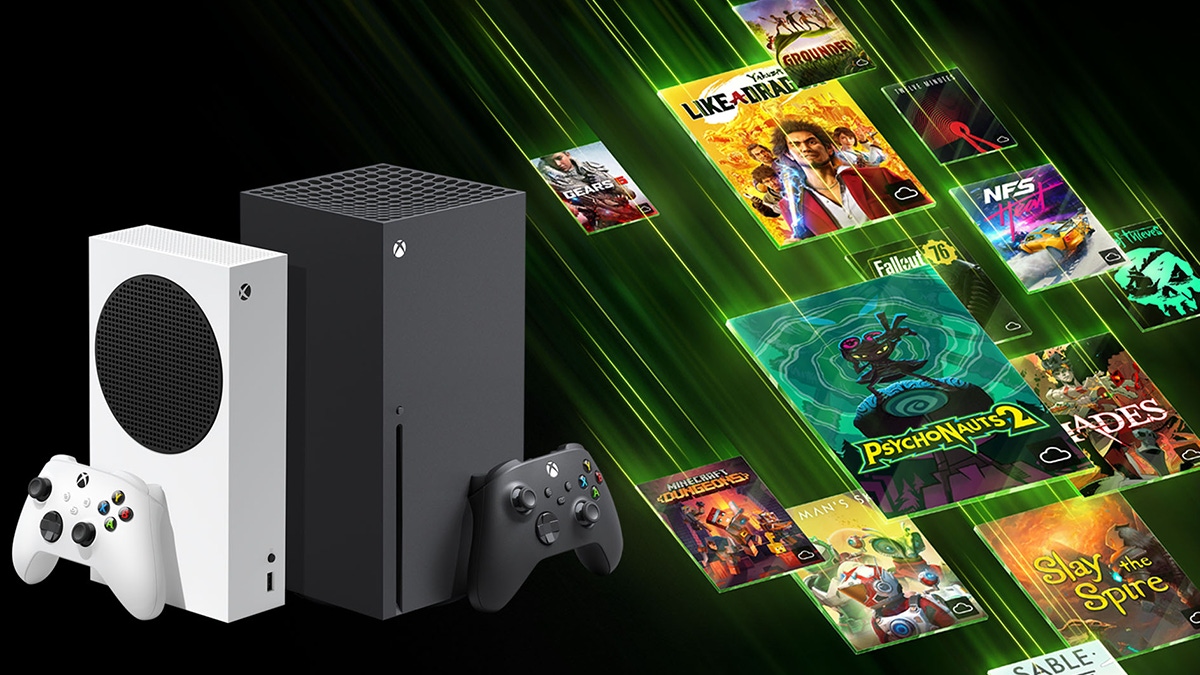UK regulator blocks Microsoft's Activision Blizzard deal over cloud concerns
The CMA claims the deal could "alter the future of the fast-growing cloud gaming market" and stifle innovation.

UK regulator the Competition and Markets Authority (CMA) has blocked Microsoft's proposed Activision Blizzard merger over fears the deal will "alter the future of the fast-growing cloud gaming market."
In a press release, the CMA said the deal–in its current form–could result in "reduced innovation and less choice for UK gamers over the years to come."
The CMA previously appeared to be softening its stance after investigating the deal for months, with the regulator recently suggesting that its previous concerns over the exclusivity of key Activision Blizzard franchises such as Call of Duty had been addressed.
Now, however, the CMA has made the "final decision" to prevent the deal because Microsoft has failed to effectively address its concerns about how the deal might impact the cloud gaming sector.
"Microsoft has a strong position in cloud gaming services and the evidence available to the CMA showed that Microsoft would find it commercially beneficial to make Activision’s games exclusive to its own cloud gaming service," wrote the CMA, explaining the UK cloud gaming market is forecast to be worth up to £11 billion globally and £1 billion in the UK by 2026.
"Microsoft already accounts for an estimated 60-70 percent of global cloud gaming services and has other important strengths in cloud gaming from owning Xbox, the leading PC operating system (Windows) and a global cloud computing infrastructure (Azure and Xbox Cloud Gaming).
"The deal would reinforce Microsoft’s advantage in the market by giving it control over important gaming content such as Call of Duty, Overwatch, and World of Warcraft. The evidence available to the CMA indicates that, absent the merger, Activision would start providing games via cloud platforms in the foreseeable future."
Head in the cloud
The CMA claims cloud tech allows UK consumers to avoid buying expensive gaming consoles and PCs by giving them more more "flexibility and choice" as to how they play. As such, it says that allowing Microsoft to take such a strong position in the rapidly growing market would risk "undermining the innovation that is crucial to the development of these opportunities."
The regulator noted that Microsoft submitted a proposal that attempted to address some of its concerns, but said those remedies ultimately fell short because they didn't sufficiently cover different cloud gaming service business models (including multi-game subscription services) and weren't "sufficiently open to providers who might wish to offer versions of games on PC operating systems other than Windows."
"[Microsoft's proposed solution] would standardize the terms and conditions on which games are available, as opposed to them being determined by the dynamism and creativity of competition in the market, as would be expected in the absence of the merger," added the CMA.
The regulator also claimed that accepting Microsoft's remedy would require some degree of regulatory oversight, whereas preventing the merger will allow market forces to "continue to operate and shape the development of cloud gaming without this regulatory intervention."
Responding to the news, an Activision Blizzard spokesperson told Game Developer the company will work "aggressively" with Microsoft to appeal the CMA's decision.
"The CMA’s report contradicts the ambitions of the UK to become an attractive country to build technology businesses," they said. "We will work aggressively with Microsoft to reverse this on appeal. The report’s conclusions are a disservice to UK citizens, who face increasingly dire economic prospects. We will reassess our growth plans for the UK. Global innovators large and small will take note that–despite all its rhetoric–the UK is clearly closed for business."
Liam Deane, an analyst at research firm Omdia (a sibling organization of Game Developer) called it "notable" that the CMA chose to scrutinize Microsoft's market leadership in the world of cloud game platforms, instead of exclusivity of Activision titles. "The CMA’s argument is not that acquiring ABK would allow Microsoft to dominate the console market as a whole, where Sony and Nintendo have strong positions relative to Xbox, but only that it would help it to achieve a dominant position in cloud gaming specifically," he commented.
According to Omdia's data, cloud services like Amazon Luna, Game Pass Ultimate and PlayStation Plus Premium generated $5.1 billion in revenue in 2022, compared to the almost $35 billion in revenue in the conventional console game market. Even if that cloud-based revenue doubles by 2026 as Omdia projects, it's still a long way off from "taking over" the video game market.
"The question then really hinges on the future growth of the cloud gaming market—will it remain a niche additional service, or become the gaming platform of the future?" Deane mused. "It remains arguable either way."
About the Author(s)
You May Also Like







.jpeg?width=700&auto=webp&quality=80&disable=upscale)








